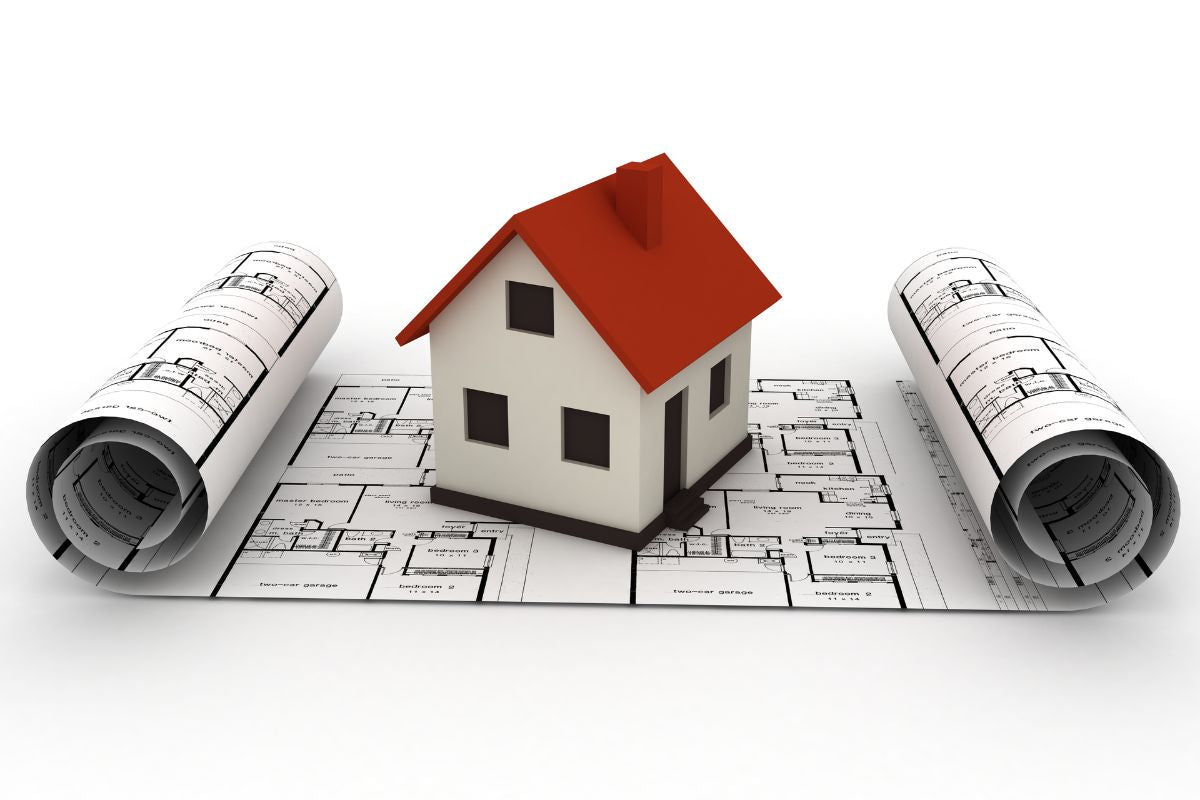This guide explores how VA construction loans can be used to finance a tiny house and provides essential information on VA loans in Texas.
What is a Tiny House?
A tiny house is a small, typically under 400 square feet, living space that emphasizes efficient design and eco-friendly living. These homes can be built on foundations or trailers, offering flexibility in location and mobility. The appeal of tiny houses lies in their lower costs, reduced environmental impact, and the freedom they provide from excessive material possessions.
Understanding VA Construction Loans
VA construction loans are designed to help veterans finance the construction of a new home. These loans are backed by the U.S. Department of Veterans Affairs (VA) and offer several benefits, including no down payment, competitive interest rates, and more lenient credit requirements compared to conventional loans.
Benefits of VA Construction Loans
- No Down Payment: One of the most significant advantages is that eligible veterans can obtain a VA construction loan with no down payment, making it easier to start building a tiny house.
- Lower Interest Rates: VA loans generally offer lower interest rates than conventional loans, which can result in substantial savings over the life of the loan.
- Flexible Credit Requirements: VA loans have more forgiving credit score requirements, helping more veterans qualify for financing.
- No Private Mortgage Insurance (PMI): Unlike conventional loans, VA loans do not require PMI, reducing monthly mortgage payments.
Using VA Construction Loans for Tiny Houses
Financing a tiny house with a VA construction loan involves several steps:
- Eligibility: First, ensure you meet the VA's eligibility criteria, which include having a valid Certificate of Eligibility (COE) and meeting service requirements.
- Finding a Lender: Not all lenders offer VA construction loans. It’s essential to find a VA-approved lender experienced with these types of loans.
- Pre-Approval: Obtain pre-approval from the lender to understand how much you can borrow and to show builders you are a serious buyer.
- Choosing a Builder: Select a reputable builder who has experience with tiny houses and is approved by the VA.
- Loan Application: Complete the loan application process, which includes submitting plans, specifications, and a construction contract.
- Construction and Inspection: The loan will be disbursed in stages as the construction progresses, with inspections at each phase to ensure the work meets VA standards.
VA Loans in Texas
Texas offers several unique benefits and considerations for veterans using VA loans:
- Texas Veterans Land Board (VLB) Programs: In addition to federal VA loans, Texas veterans can take advantage of VLB programs that provide low-interest land, home, and home improvement loans.
- Property Tax Exemptions: Texas offers property tax exemptions for veterans with disabilities, which can significantly reduce the cost of homeownership.
- High Veteran Population: Texas has a large veteran population and a wealth of resources and support networks for veterans looking to buy or build homes.

Advantages and Disadvantages of Using VA Construction Loans for Tiny Houses in Texas
Advantages
- No Down Payment Requirement
- Benefit: VA construction loans typically do not require a down payment, which lowers the initial cost barrier for veterans looking to build a tiny house.
- Impact: This allows veterans to start their tiny house projects without the need for substantial upfront cash, making homeownership more accessible.
- Lower Interest Rates
- Benefit: VA loans usually come with lower interest rates compared to conventional loans.
- Impact: This results in lower monthly payments and significant savings over the life of the loan, making the financial burden lighter for veterans.
- Flexible Credit Requirements
- Benefit: The VA loan program offers more lenient credit score requirements.
- Impact: Veterans with less-than-perfect credit still have the opportunity to secure financing for their tiny house, expanding access to homeownership.
- No Private Mortgage Insurance (PMI)
- Benefit: VA loans do not require PMI, which is often necessary for conventional loans with down payments of less than 20%.
- Impact: Eliminating PMI reduces the overall monthly mortgage payment, saving money for veterans over time.
- Adaptability to Veteran Needs
- Benefit: VA construction loans can be used for homes that meet specific needs, such as accessibility modifications for disabled veterans.
- Impact: This flexibility ensures that veterans can build homes tailored to their personal requirements and lifestyles.
Disadvantages
- Complex Approval Process
- Challenge: The process for obtaining a VA construction loan can be more complex and time-consuming than other types of loans.
- Impact: Veterans may face delays and additional paperwork, which can be frustrating and require careful management.
- Limited Lender Availability
- Challenge: Not all lenders offer VA construction loans, and finding a knowledgeable lender can be difficult.
- Impact: Veterans might have to invest extra time and effort to locate a suitable lender experienced with VA construction loans for tiny houses.
- Strict Construction Standards
- Challenge: VA construction loans come with strict standards and requirements for the construction process, including inspections and approvals.
- Impact: These standards can slow down the construction process and increase the complexity of building a tiny house.
- Upfront Costs for Construction
- Challenge: While the loan itself covers construction costs, veterans may still need to cover upfront expenses such as architectural plans, permits, and initial contractor fees.
- Impact: These initial costs can be a burden for veterans who do not have significant savings.
- Appraisal Issues
- Challenge: Tiny houses can sometimes face appraisal challenges due to their unconventional nature and smaller size.
- Impact: An undervalued appraisal can complicate loan approval and funding, potentially leading to additional financial hurdles.
Conclusion
For veterans in Texas, the tiny house movement presents an exciting opportunity to embrace a simpler, more sustainable lifestyle. VA construction loans can make this dream a reality by providing accessible and affordable financing options. By understanding the process and leveraging the benefits of VA loans, veterans can build their ideal tiny home and enjoy the freedom and flexibility it offers.






Share: